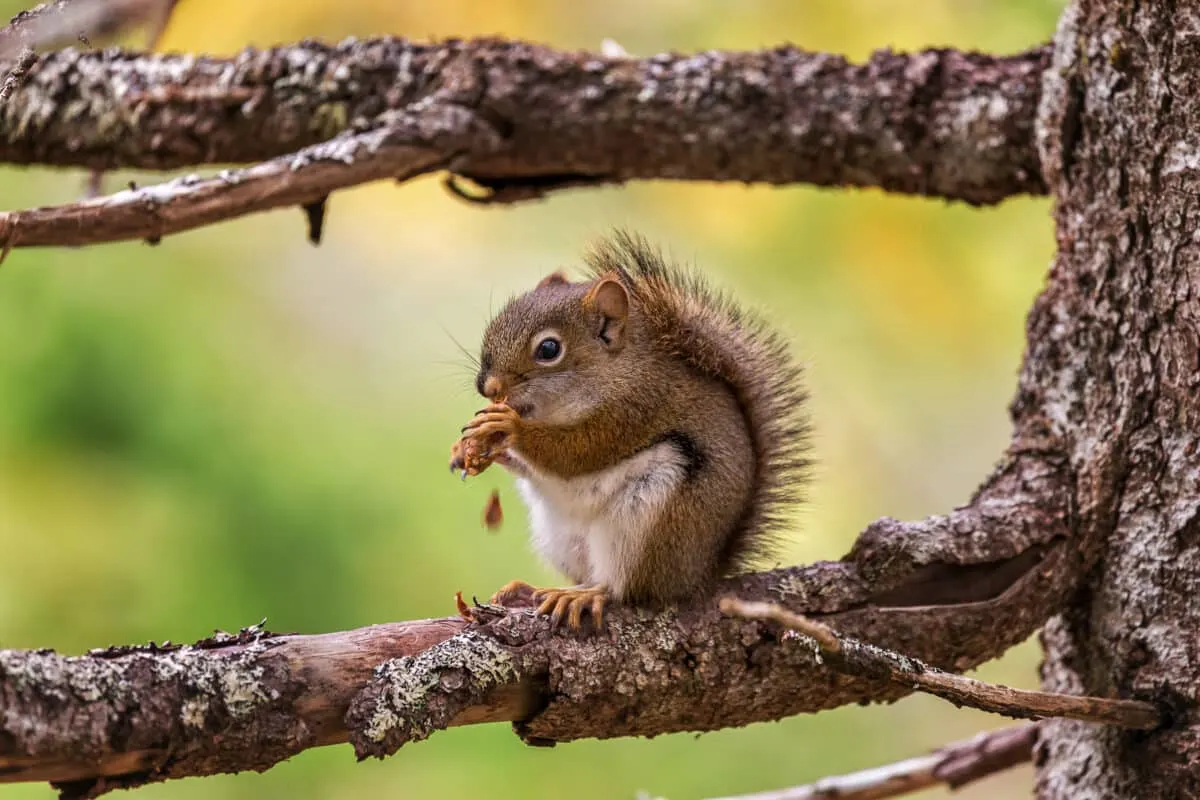Let’s get into the world of poop. Welcome to “Everything You Need To Know About Squirrel Poop”.
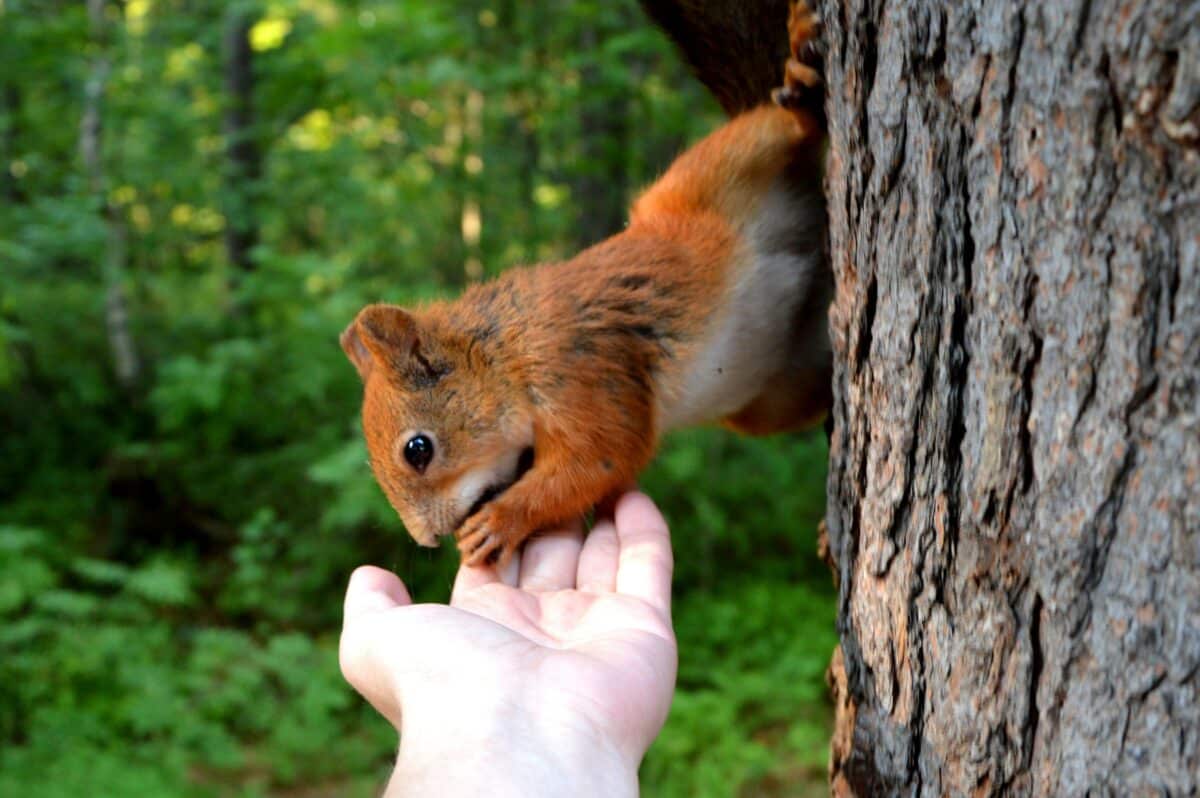
Have you ever noticed little bits of debris around trees, either on the ground or in them? The chances are that it’s something made by squirrels! That’s right – even those pesky rodents have a unique way of leaving their mark.
As part of their routine activities, squirrels often leave tiny droppings known as “squirrel poop.” Despite its unappealing name and appearance, this type of scat offers some interesting insights into the lives of these fantastic animals.
Here, we will learn about squirrel poop – what it is and how to identify it correctly. Keep reading to discover why studying this smelly substance can occasionally be educational!
What Is Squirrel Poop and Why Is It a Problem in Your Yard?
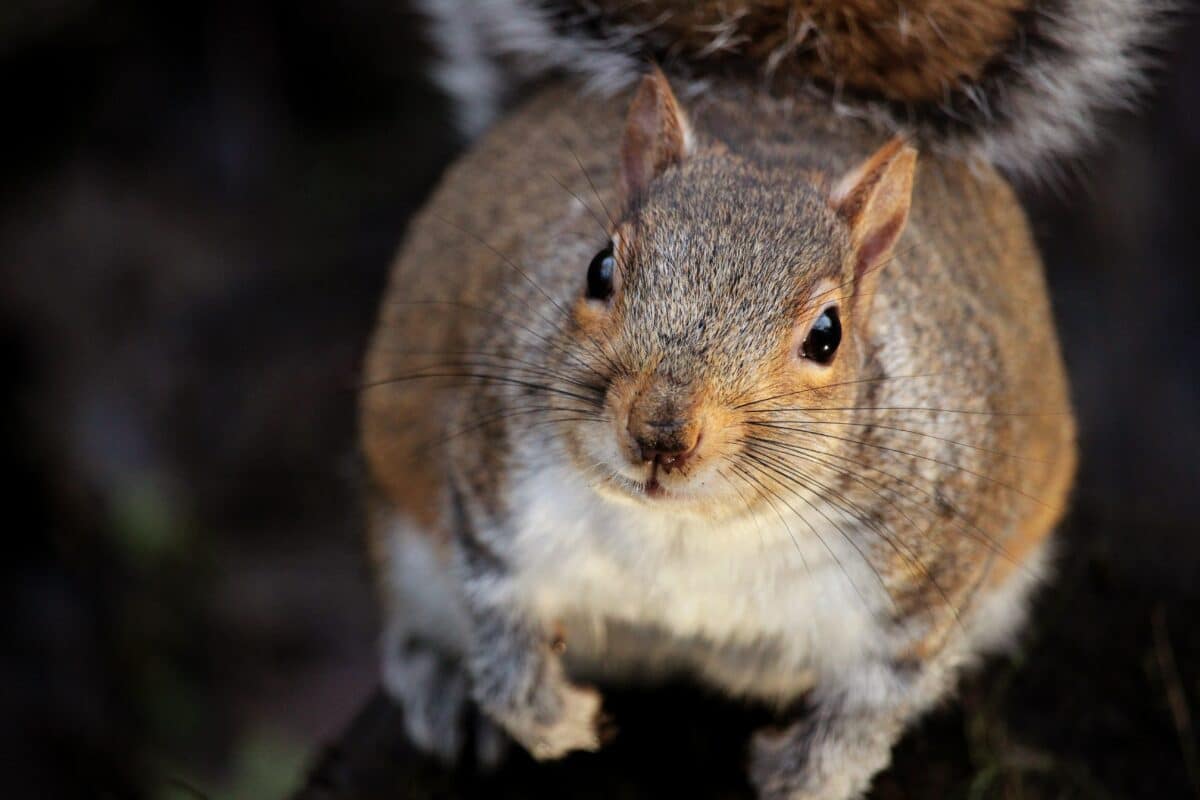
Squirrel poop is the excrement produced by squirrels, small rodents with bushy tails that inhabit many yards and parks. Squirrel feces is usually dark brown or black and has a characteristic odor.
Due to its high nutrient content, it can be hazardous if consumed by humans or animals. Squirrel poop can also contaminate soil, water, and food sources around the home, creating a health hazard for nearby people.
It may also contain parasites like roundworms or tapeworms that can infect humans and pets if ingested. Additionally, the accumulation of squirrel droppings near an entryway could attract other pests like cockroaches or flies.
Identifying Common Signs of a Squirrel Infestation
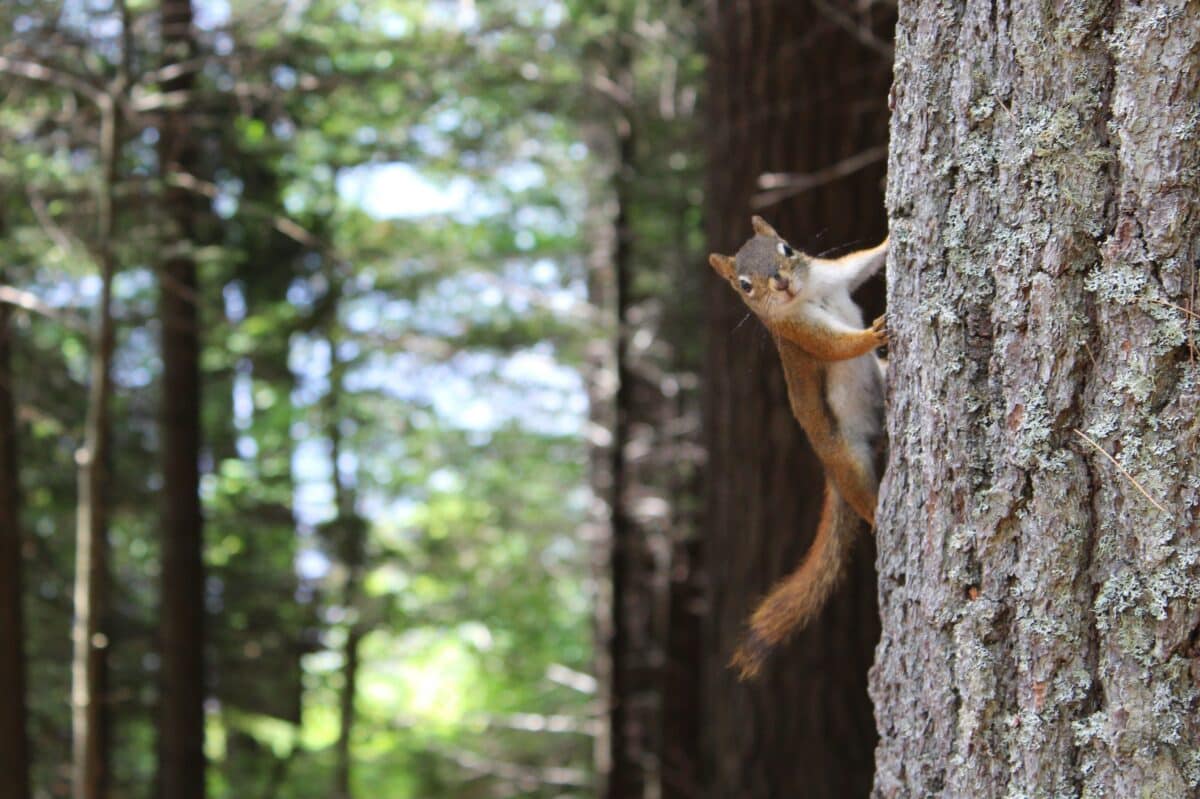
The first and most obvious sign of a squirrel infestation is the presence of live squirrels in or around your home. You may see them scampering across your lawn, climbing trees, or peeking underneath decks or porches.
In addition to seeing the animals themselves, you may also notice signs of activity, such as chewing noises from inside walls or attics, scratches on wood siding or trim, and piles of debris beneath eaves and entrances.
Please pay special attention to any unusual sounds that occur primarily during the day, as they could indicate a squirrel infestation.
Another indicator of a possible squirrel problem is droppings left behind by the animals. The droppings are usually dark in color and appear in small clusters around areas where they have been nesting.
Sometimes, you may even find holes chewed through exterior walls used as access points by the squirrels. These telltale marks can help you identify where the pests have been and what areas are susceptible to future invasions.
If there are cracks or gaps in your foundation or siding, squirrels will likely use them to gain entry. Make sure to caulk up any openings so they don’t become potential entry points for other pests. Additionally, inspect any vents placed near the ground level for signs. This could indicate an animal has found its way inside via this route.
Finally, if you notice lingering odors within your home, this could be caused by an existing colony of rodents who have set up camp somewhere within your house.
If left untreated, these smells will continue to get stronger as time goes. This is due to decaying food sources and trapped urine and feces in inaccessible corners of your dwelling space.
Also, if you suspect that a wild animal has infiltrated your home, contact a professional exterminator immediately.
How to Prevent Squirrels From Entering Your Yard
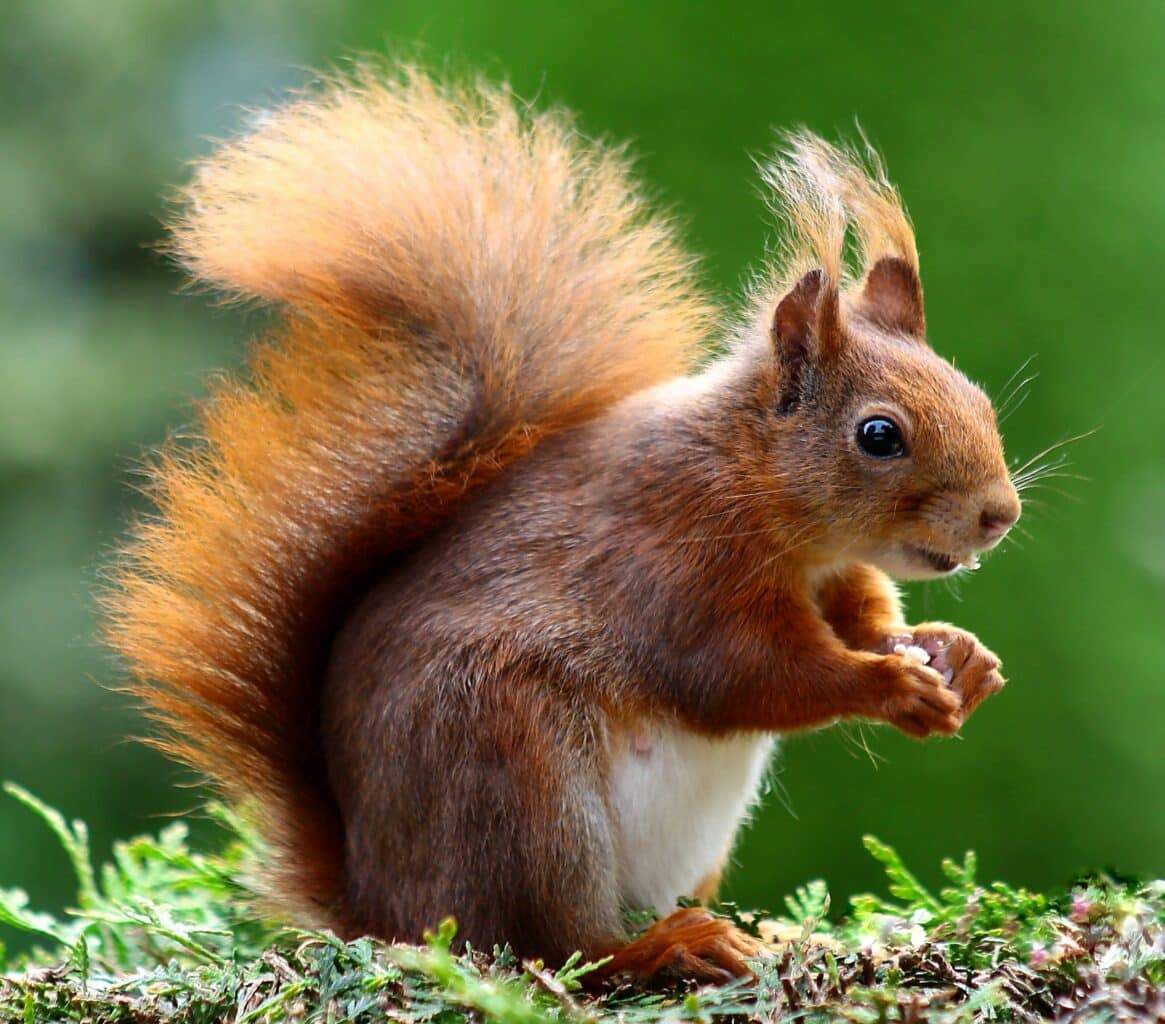
Squirrels are pesky rodents that can cause a lot of damage to your yard and garden if they’re allowed to enter. Thankfully, there are several methods you can use to keep these furry critters out of your outdoor space.
The first step is taking measures to make it difficult for squirrels to access areas in your yard. Trim tree branches back away from the house so it’s harder for them to jump or climb onto your roof.
Ensure any bird feeders hanging outside are securely mounted at least 5 feet above the ground. Squirrels can use the bird feeders as launchpads into other areas of your property. Secure garbage cans with lids or covers that latch shut, so they can’t get in and rummage through them.
If possible, install mesh fencing around flower beds or gardens vulnerable to digging and gnawing by squirrels. This fencing should stretch at least a foot underground and up two feet higher than the bed itself. This will block off access points from underneath and aboveground intrusions.
Natural Home Remedies to Getting Rid of Squirrel Poop in the Yard
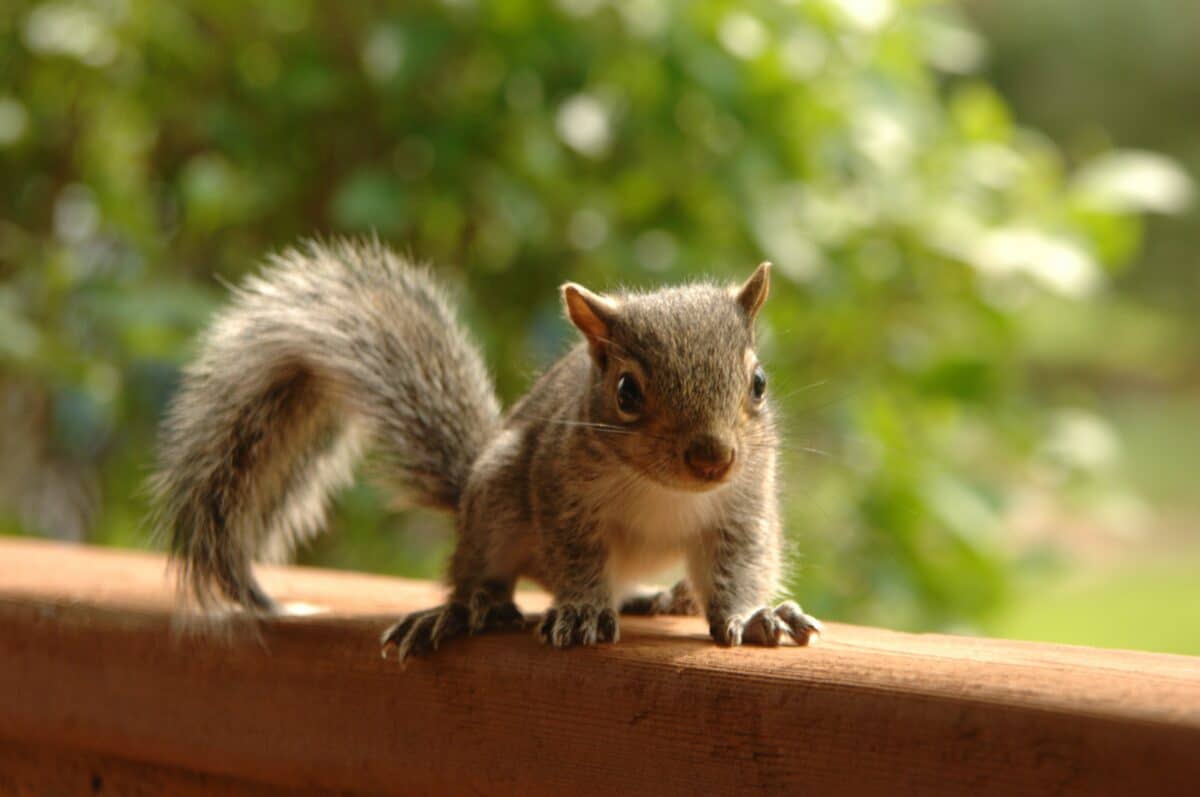
Once squirrels have entered your yard, you may need help with droppings left behind in various areas of your property. While it may seem overwhelming to try cleaning up all their messes, some natural remedies you can try will help eliminate the unsightly poop piles without resorting to harsh chemicals or cleaners.
The most effective method is simply sweeping up squirrel poop with a broom. This will ensure that all traces of feces are safely removed from wherever they were found.
If there’s still an odor lingering in the area, sprinkle some baking soda over the top before vacuuming it up. This helps absorb any remaining odors caused by the droppings.
For tough stains caused by oils in their fur or feces on hard surfaces like porches or patios, create a paste using a few tablespoons of baking soda and water; scrub lightly with a brush, then rinse away with water once dried for light stain removal without chemicals.
Finally, use cayenne pepper along walkways and other entry points into your yard; this irritates squirrels’ sensitive noses and is safe for humans and pets!
The Importance of Professional Removal Services for Squirrel Poop
When dealing with squirrel poop, there is no substitution for professional removal services. Squirrels are notorious for leaving behind large piles of their droppings in our yards and gardens.
Hiring a professional removal service is the safest and most effective way of dealing with this problem.
Professional removal services utilize special equipment that safely removes squirrel droppings from your yard or garden and sanitizes the area to reduce residual disease-causing bacteria.
They will also inspect your property for signs of damage caused by squirrels and evidence that they are still present so that preventative measures can be taken before further damage occurs.
Most importantly, they can assess whether an animal welfare agency needs to be contacted to humanely remove any remaining animals from the premises.
How to Clean Up After Finding a Pile of Squirrel Poop in the Yard
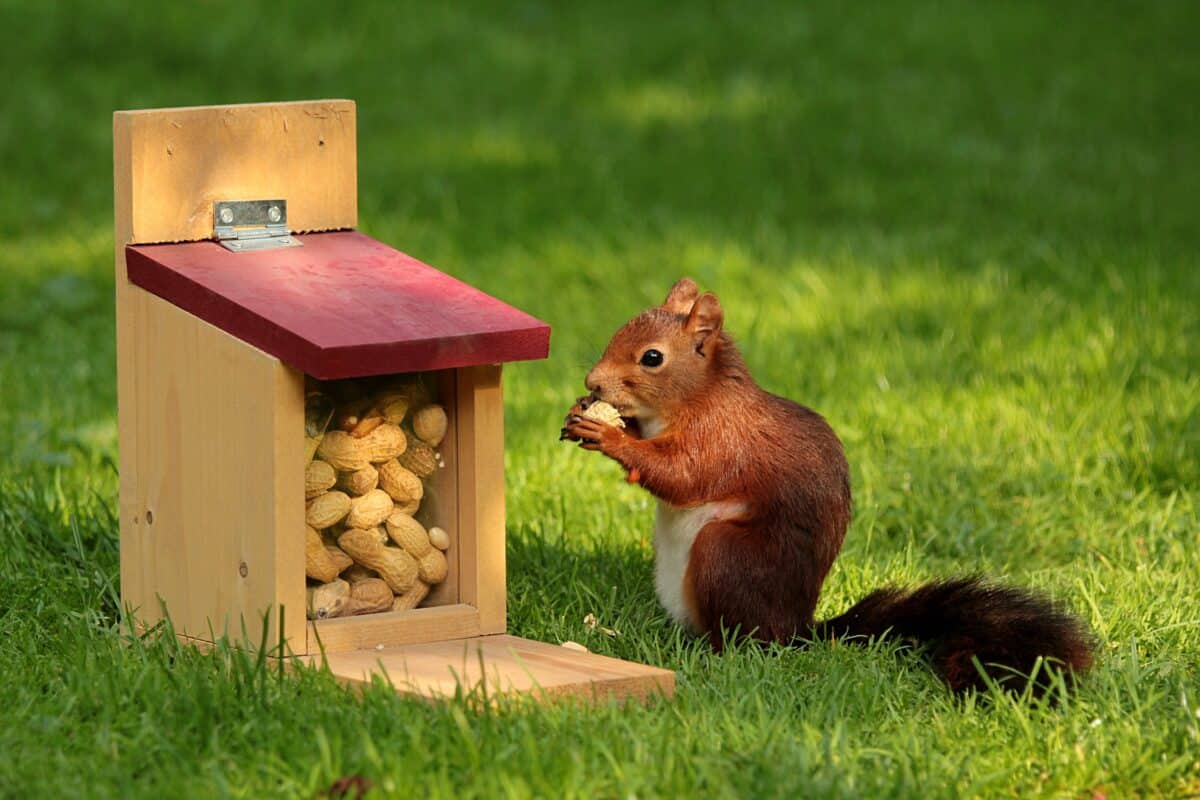
If you have discovered a pile of squirrel poop in your yard or garden. These are the steps you should take to clean up the mess properly.
The first step is to wear gloves and other protective clothing when handling the droppings. This is to avoid coming into contact with any potential pathogens or irritants contained within them.
Next, use a shovel or rake to scoop up all of the droppings into a plastic bag. Disposing of them according to local regulations or instructions provided by your municipal waste management service provider.
Afterward, ensure you wash your hands thoroughly with soap and water or an alcohol-based hand sanitizer.
Finally, use a disinfectant cleaner specifically designed for this purpose. Use the product on hard surfaces where the contact occurred between those surfaces and droppings. This will help ensure that any residual bacteria are killed off before anyone else comes into contact with them.
Bottomline:
Not only are these deposits unsightly, but they can also carry a variety of diseases. In addition, squirrel poop in yards and gardens can attract other wildlife. Such as raccoons and skunks, who will continue to feed on the waste left behind by the squirrels. Resulting in even more damage and potential health risks.
Thanks for following along with us! Next up, All About Deer Poop and Indian Giant Squirrel – The Largest Squirrel on Earth.
- Lioness Deals with Naughty Cub. - October 20, 2024
- Hundreds of Bald Eagles Gather for Epic Feeding Frenzy in Alaska - October 20, 2024
- How an 18,000-Year-Old Wolf Puppy’s Frozen Fate Unveils Survival Tactics of the Ice Age - October 20, 2024

